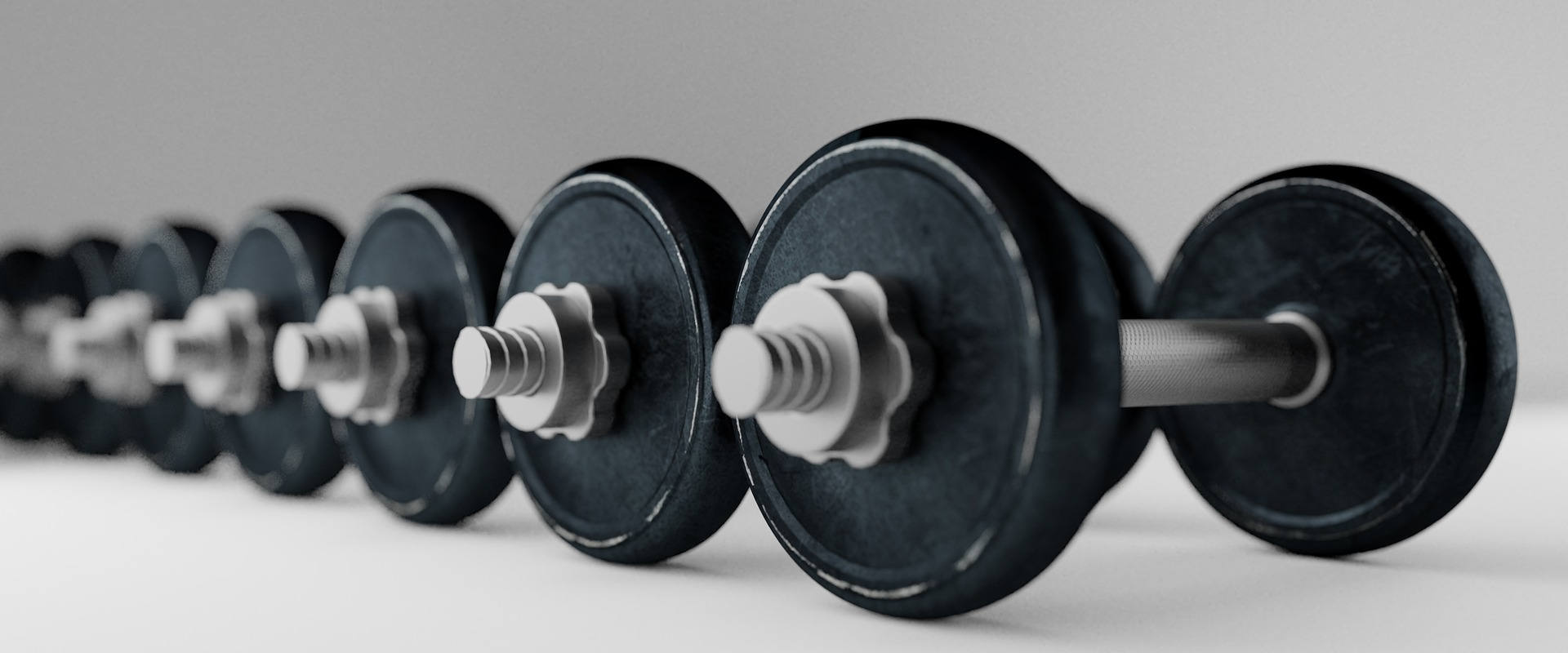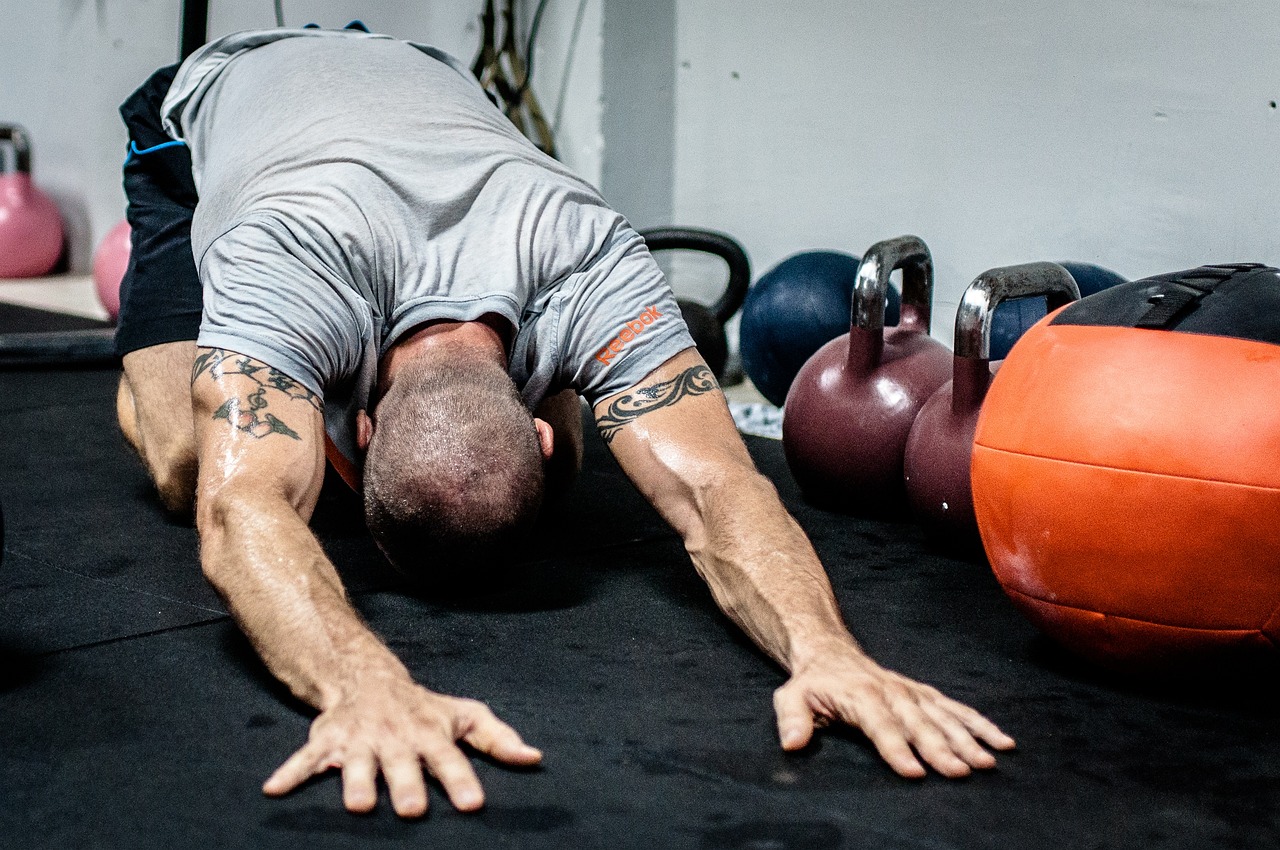Strength training is a powerful tool for improving physical fitness and achieving desired goals, whether it’s building muscle, increasing strength, or enhancing overall performance. However, many individuals often overlook the crucial aspect of recovery in their training regimen. Recovery plays a vital role in maximizing gains, preventing injury, and ensuring long-term success in strength training. In this blog post, we will delve into the importance of recovery, exploring its benefits and offering evidence-based insights to support its integration into your training routine.
Muscle Repair and Growth
During strength training, muscles undergo microscopic damage and breakdown, resulting in soreness and fatigue. Adequate recovery time allows for essential repair processes to take place, leading to muscle growth and increased strength. Research indicates that protein synthesis, a key mechanism responsible for muscle repair and growth, is enhanced during the recovery phase following exercise (1). Neglecting recovery can impede these repair processes, limiting the potential for muscle development and adaptation.
Prevention of Overtraining
Overtraining syndrome is a condition characterized by excessive physical and mental stress caused by prolonged and intense training without sufficient recovery (2). Overtraining not only hampers performance but also increases the risk of injury, compromises immune function, and negatively impacts overall well-being. Incorporating recovery strategies such as rest days, proper nutrition, and sleep can help mitigate the risk of overtraining, enabling consistent progress and optimal performance.
Injury Prevention
Strength training places significant stress on muscles, tendons, ligaments, and joints. Without ample recovery time, these structures become more susceptible to overuse injuries. Rest and recovery periods provide an opportunity for tissue repair, reducing the likelihood of developing chronic injuries such as tendinitis, stress fractures, and joint inflammation (3). Balancing training intensity with adequate recovery helps maintain the structural integrity of the body, ensuring longevity in strength training endeavors.
Hormonal Balance
Intense exercise, such as heavy lifting, triggers hormonal responses within the body. Hormones like testosterone, growth hormone, and cortisol play critical roles in muscle growth, recovery, and adaptation. However, prolonged periods of intense training without sufficient recovery can disrupt hormonal balance, negatively impacting performance and recovery processes (4). By incorporating appropriate recovery strategies, individuals can optimize hormonal profiles, facilitating better muscle repair and growth.
Mental Well-being
While physical recovery is crucial, the mental aspect should not be overlooked. Intense training can place significant mental strain on individuals, leading to fatigue, decreased motivation, and burnout. Incorporating recovery activities such as relaxation techniques, mindfulness practices, and engaging in hobbies unrelated to training can help reduce stress and promote mental well-being (5). A healthy mind translates to better focus, consistency, and enjoyment in the strength training journey.
In the pursuit of strength and fitness goals, recovery should be considered an integral part of any training program. Ignoring recovery can impede progress, increase the risk of injury, and hinder overall performance. By allowing for adequate rest, proper nutrition, sleep, and other recovery strategies, individuals can optimize muscle repair, prevent overtraining, reduce the risk of injuries, balance hormonal responses, and maintain mental well-being.
References:
- Phillips SM, Van Loon LJ. Dietary protein for athletes: from requirements to optimum adaptation. J Sports Sci. 2011;29 Suppl 1:S29-S38.
- Budgett R. Fatigue and underperformance in athletes: the overtraining syndrome. Br J Sports Med. 1998;32(2):107-110.
- Kountouris A, Cook J. Rehabilitation of Achilles and patellar tendinopathies. Best Pract Res Clin Rheumatol. 2007;21(2):295-316.
- Hackney AC, Viru M, et al. The cortisol awakening response and humoral immune response to exercise training. Sports Med Auckl NZ. 2012;42(3):261-279.
- Stults-Kolehmainen MA, Bartholomew JB, Sinha R. Chronic psychological stress impairs recovery of muscular function and somatic sensations over a 96-hour period. J Strength Cond Res. 2014;28(7):2007-2017.

